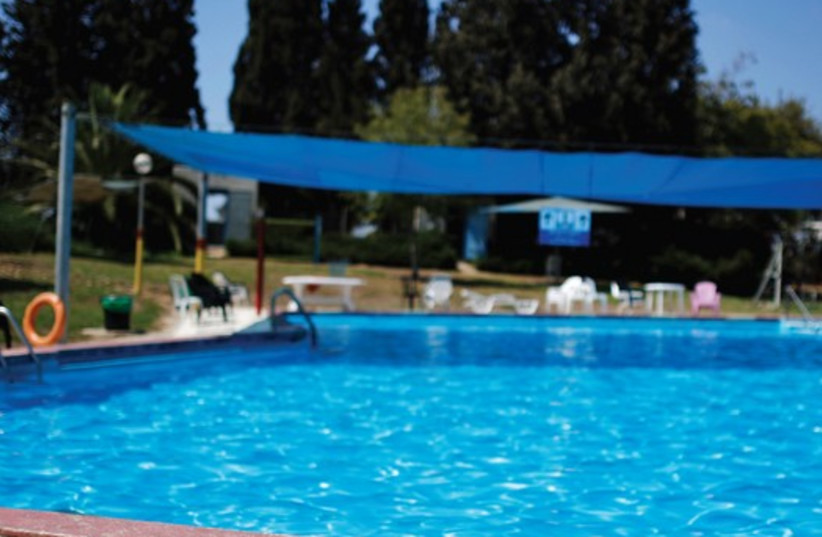We like to believe that most people don’t urinate in the pool we’re swimming in, but they do. It’s clear to us that this is the case, especially when kids swim. Studies have found that up to 40% of respondents admit to urinating while swimming in a pool. And if that's not enough, samples collected from public pools in Canada contain urine in all of them.
This summer, we’re going to take kids to pools full of chlorine and urine. Should we worry? To answer this, one needs to understand what urine is and what it’s made of.
Urine consists of 95% water. The remaining 5% consists of the breakdown of foods, beverages and other substances we consume.
What is in pee?
- Urea - A substance produced in the liver whose function is to transport excess ammonia and nitrogen out of the body
- Uric acid - formed in the body as a result of the breakdown of certain substances such as beer. Uric acid is an antioxidant whose function is to heal damaged cells — and no, that doesn’t mean beer is healthy
- Electrolytes, for example, sodium, chlorine and potassium
- Microscopic residues filtered out of our bodies, like dead blood cells, and the residue of chemicals from tobacco, drugs, vitamins, and other substances
Despite the rumor that urine is sterile, some bacteria that live throughout the system are also excreted with the urine. If we don’t suffer from inflammation at that moment, they’re considered "good" bacteria that form part of the microbiome.

Urine and chlorine aren’t a winning combination
Aside from the fact that it's really disgusting to swim in a pee pool, it's important to understand what happens when urine and chlorine meet. Urine binds to the chlorine in the pool, thus neutralizing the chlorine whose job it is to kill the bacteria that make us sick.
Moreover, uric acid binds to chlorine and thus mixtures are formed that are harmful to many organs in the body and one, cyanogen chloride, is even used as a chemical weapon. The amount of these mixtures in swimming pools will probably be very small and won’t kill us, but will cause redness and burning in the eyes.
Urine isn’t the only problem in swimming pools
Many diseases caused by bacteria are spread through ingestion, inhalation, or skin contact with contaminated water in swimming pools, hot tubs, water parks, fountains etc.. A wide variety of illnesses have been linked to swimming in a pool, including gastrointestinal, skin, ear, respiratory, eye, and wound infections. Of the infections, the most common is diarrhea which can be caused by various bacteria such as shigella and E. coli, various viruses such as norovirus or parasites such as cryptosporidium.
The main way to protect against these contaminants is to try to avoid ingesting pool water as much as possible. Also, since most bacteria adhere to the skin, it’s important to wash with soap before eating and putting your hands in your mouth.
